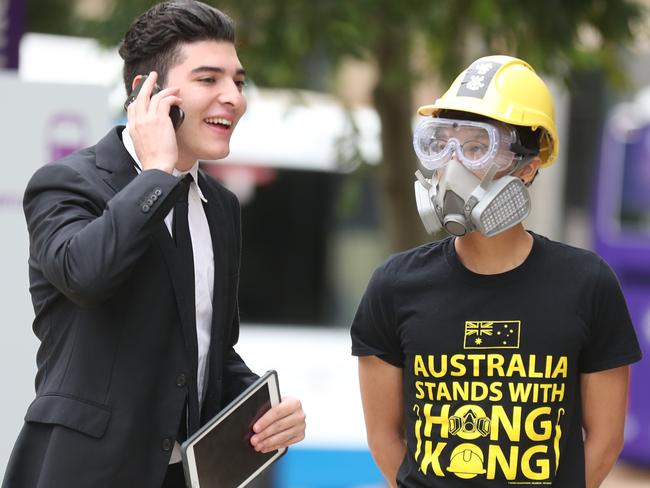
Yet the notion that good society stems from stifling dissent is at the centre of a looming parliamentary debate on legislating the right to free speech at university.
Consider this. Aboard a ship, a clutch of bookish men awaited their fate.
They had fallen afoul of a revolutionary government whose leader had set his sights on intellectuals because they posed such a pressing threat to his consolidation of power. The threat Vladimir Lenin most feared was not pestilence or plague, but the question. The outcasts were once his comrades, but they had proven too sceptical about his plans and their dedication to curiosity was contagious.
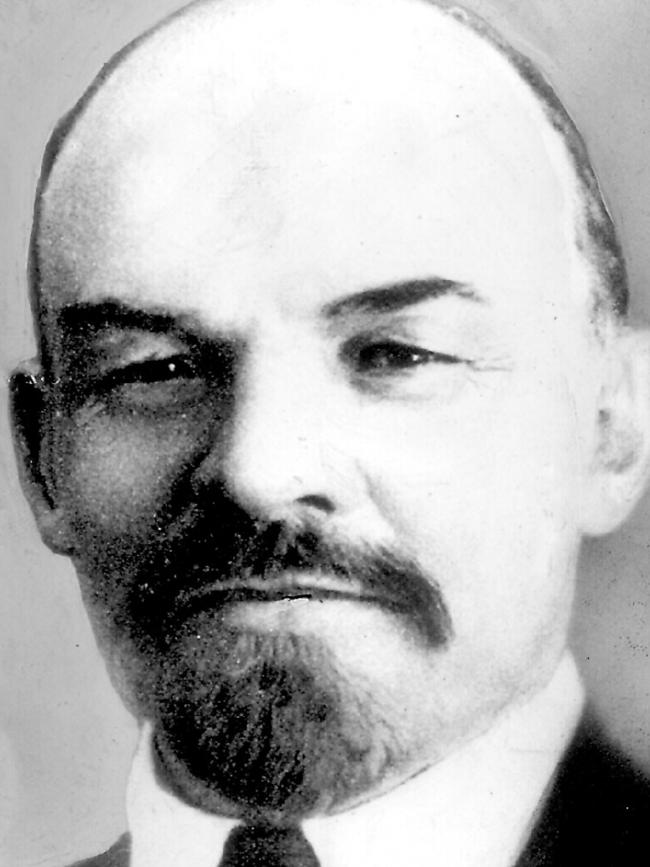
In Lenin’s Private War, Lesley Chamberlain revealed how the exile of Russian intellectuals on pain of execution was a harbinger of a coming totalitarian age.
Among the exiles was an intellectual who developed the theory of social mobility that was later to influence Third Way Labour in Britain and the Australian Labor Party’s social inclusion policy. Pitirim Sorokin is not a household name, but he was among the first sociologists to try to quantify the nature of socio-economic status in a large-scale study. Like other exiles from communism, he believed in civilised society and came from that part of the traditional left that understands revolution as the victory of unbalanced biological impulses over the higher calling of reason.
Tyrannical leaders often target the intellectual class because it is in the mind, in the world of ideas, that culture is created. The purpose of the university is to nourish higher learning so the finest minds can cultivate the flourishing of culture and the renewal of civilisation as each generation passes through the cloisters.
However, in recent years the revolution on campuses across the West has led to dulled minds and coarsened appetites so political violence is viewed as retributive justice. The silencing of dissent has become a mark of progressive pride and an opportunity for like-minded leftists to bond over a common enemy, the dissident.
It is on the question of freedom of speech that the battle between civilised humanity and primitive instinct is raging. Between reason and unreason sits a politicised academy protected by money-hungry administrators. It is only by understanding the gods of the modern university, political power and profit, that you can understand why the campus left has begun to devour its own.
You would hardly expect a left-wing student to become a victim of censorship in a time of political correctness, but Drew Pavlou drew the ire of administrators when he protested Chinese Communist Party influence on campus. The founding father of the Chinese Communist Party, Mao Zedong, created the most effective means of enforcing PC culture by converting universities to revolutionary colleges where thought reform replaced disinterested scholarly inquiry as the purpose of pedagogy. In Western thought, the hypothesis is tested to reveal knowledge that might confirm or disprove established truths. The excitement of study lies in the unknown and the great challenge is to master methods that can reveal the truth. In Maoist thought, the conclusion must conform to Communist Party-established ideology. It is part of the reason the spirit of creative genius suffocates in totalitarian states.
Cobbas, China is trying to decimate Australia’s wine industry to bully us into submission. So you know what to do - go out and “Defend Democracy†@DefendDem by buying some good Aussie wine.
— Drew Pavlou æŸä¹å¿— (@DrewPavlou) November 28, 2020
Let’s get #BuyAussieWine trending. YOU BEAUTY - LOVE IT!!! TASTES GREAT! pic.twitter.com/Fb7eUiQVfv
Robert Menzies asked: “Are the universities mere technical schools, or have they as one of their functions the preservation of pure learning … the recognition of values which are other than pecuniary?” At the time, the Australian university sector was not a corporate enterprise One such value was freedom of speech.
In recent weeks, the Coalition and minor party MPs have worked to introduce a definition of academic freedom in the Higher Education Support Act, but there is no definition of freedom of speech as yet. If passed by the House of Representatives early next year, the reforms could provide greater protection for academics so they can conduct scholarly research, disseminate findings and engage in public debate without fear of censure from management.
Last week, the Parliamentary Joint Committee on Human Rights offered its opinion on the proposed reform. It cited highly controversial ideas about free speech to argue it should be limited. The committee referred to the International Covenant on Civil and Political Rights and the UN Convention on the Elimination of all forms of Racial Discrimination to provide the scope of compulsory limitations on the right to freedom of expression. The critical information is that Australia reserved the right not to introduce legislation to criminalise speech in relation to the relevant articles.The human rights committee did include a detailed reference to the reservations, albeit as a footnote.
The dangerous idea promoted by human rights activists is that you should be allowed to think freely, but not express your thoughts. Or, as the parliamentary human rights committee puts it: “While the right to hold an opinion is absolute … the right to freedom of expression (that is, the freedom to manifest one’s beliefs or opinions) is limited.”
Here is my opinion: there is no freedom of speech, or religion, or conscience without the freedom to express it. Anyone who tries to persuade you freedom of speech can be exercised by keeping your mouth closed should try it. There is nothing quite like leading by example. Freedom of speech should be protected as a positive right in democratic society. Human progress depends on it and life is offensively dull without it.



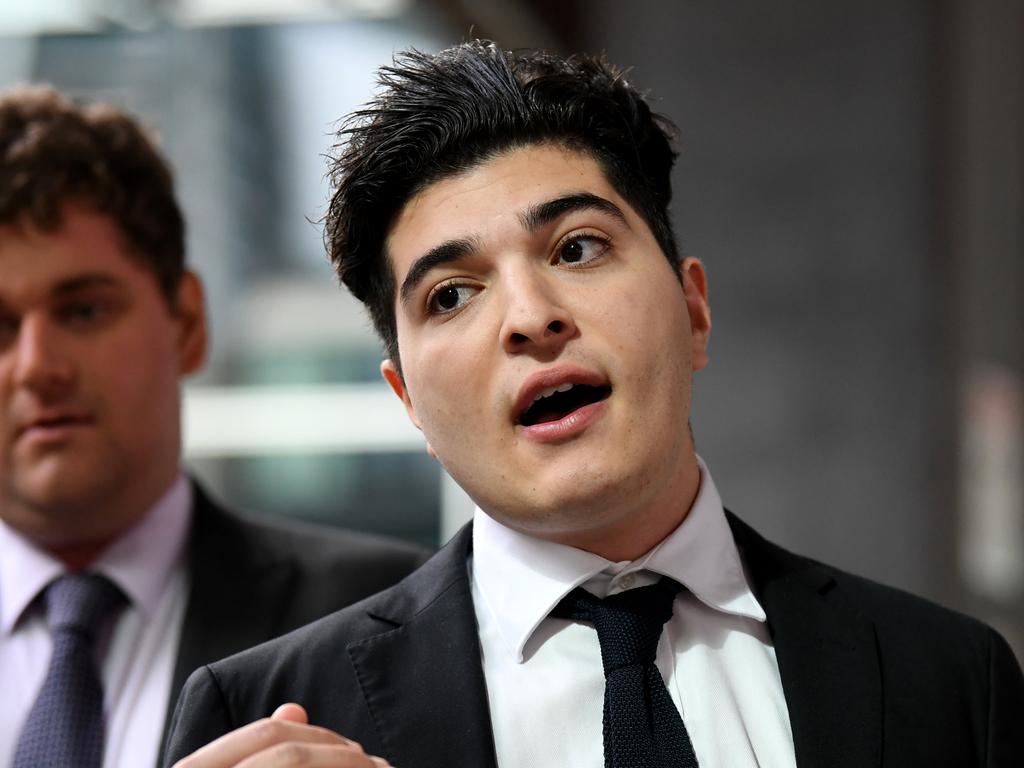
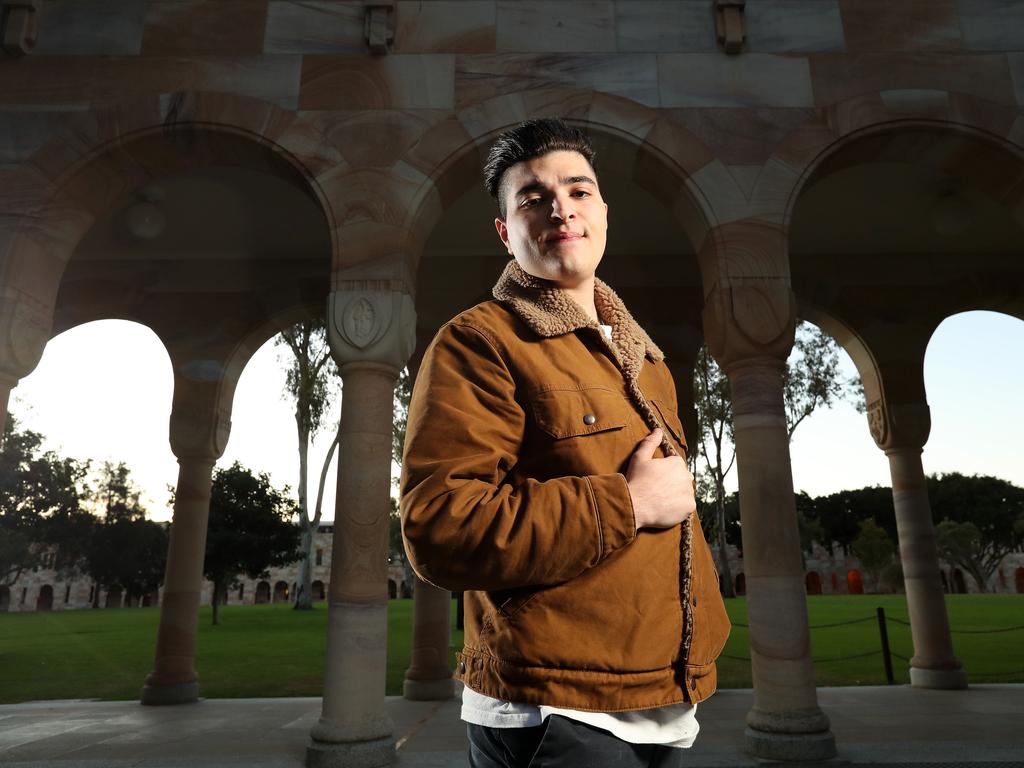

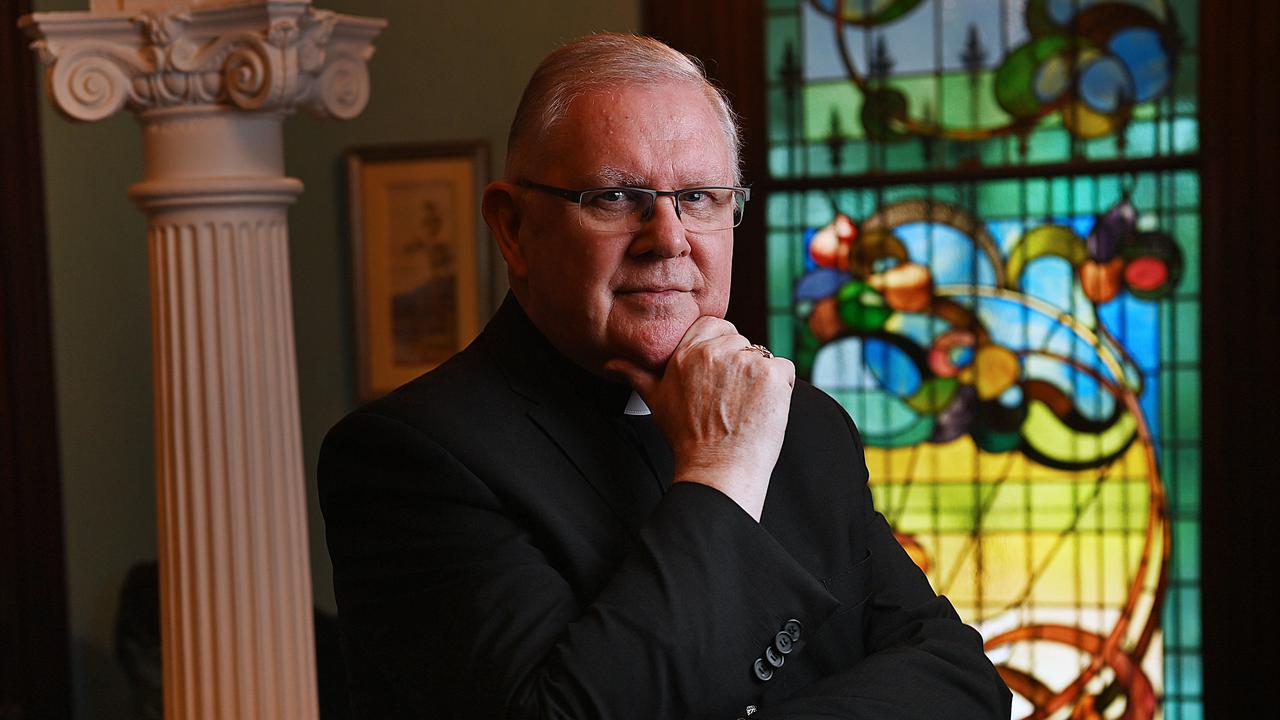

There are too many people who consider the flight of reason the path to virtue. If they knew the provenance of the idea that free speech fouls the prospect of peace, they would be less inclined to embrace it.